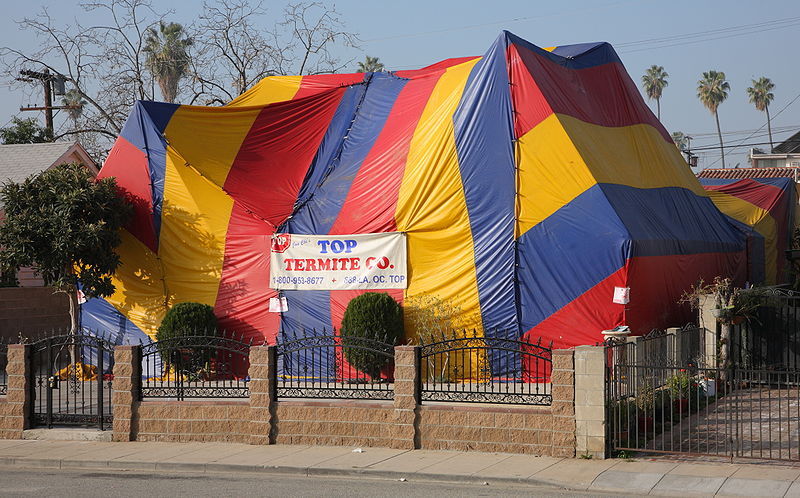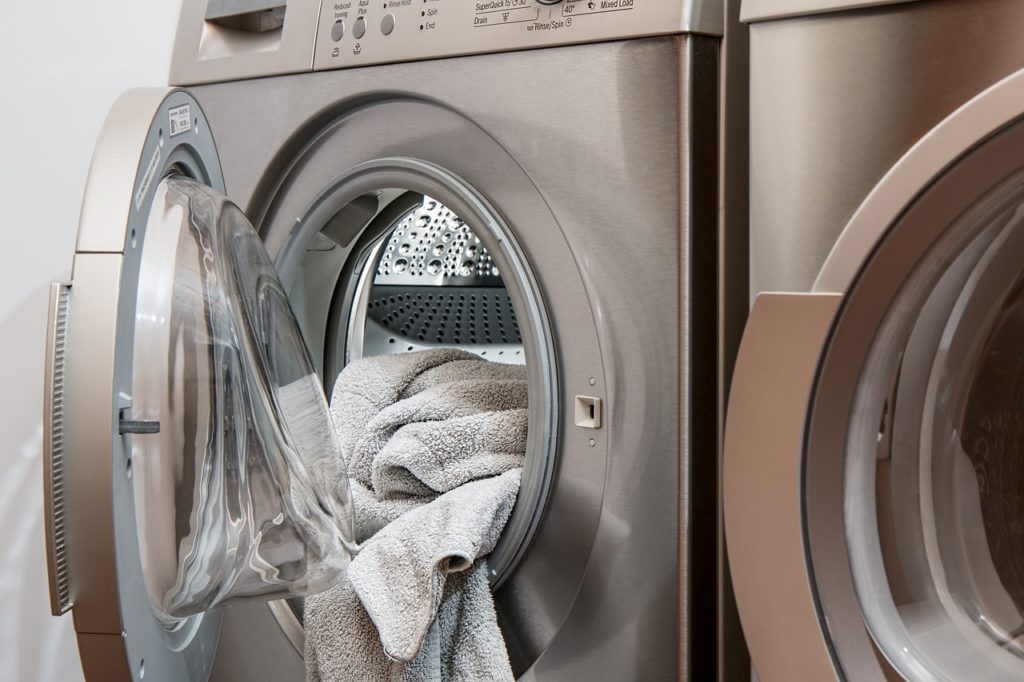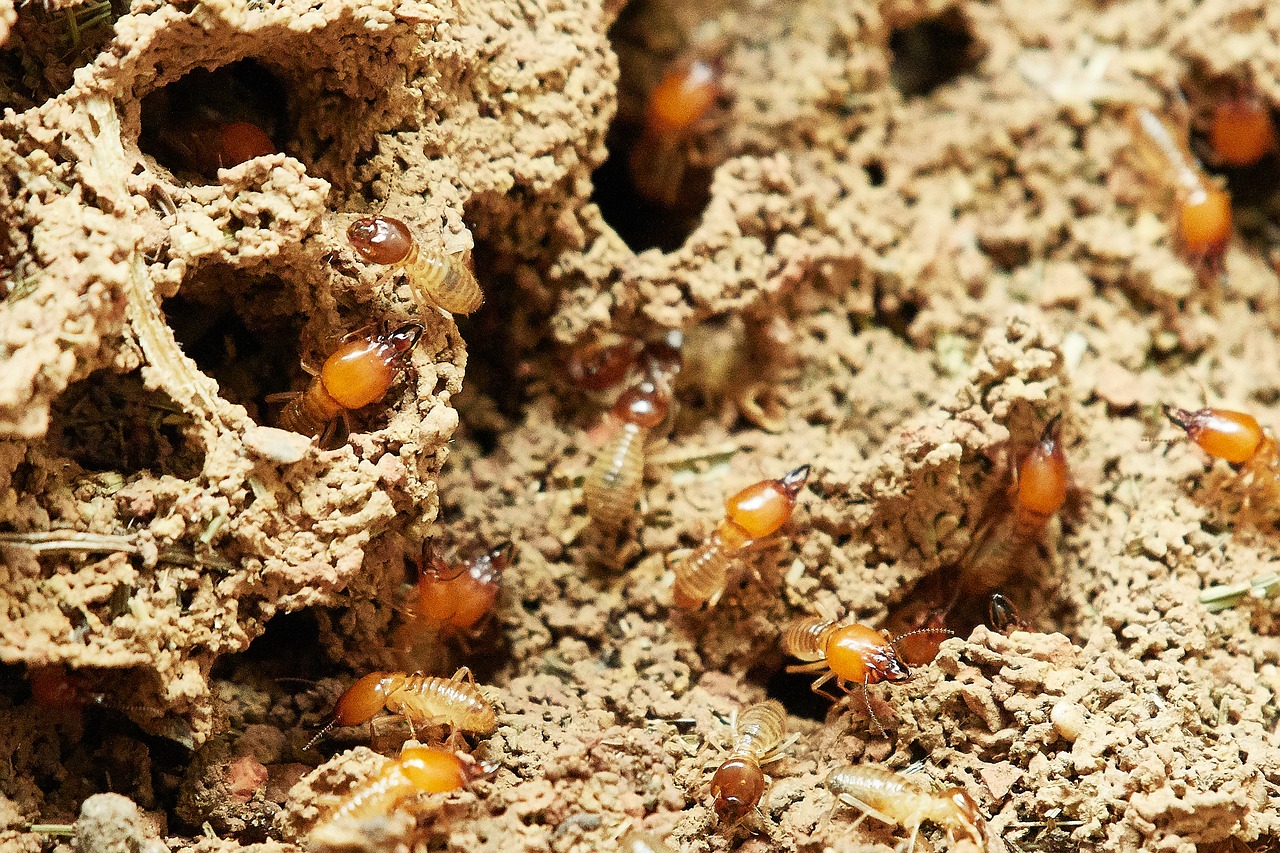Termites are the worst. They don’t just destroy the structural integrity of homes. They are potential health risks — because of termite allergies and bites. One of the most effective ways to get rid of these pests is termite tenting. But is termite tenting dangerous?
The process of termite tenting
Termite tenting is a termite control method used by licensed pest control professionals. In this method, the professionals will cover your home with a tent and release a fumigant gas in it, killing all termites. It’s important to understand the process because it will help you know its potential dangers and how you can prevent them.
- Inspect your home to know the severity of the termite infestation. The pest control professionals will first inspect your home to know how bad the termite infestation is. If possible, they will get rid of the infestation with less invasive methods, like spot treatment. But if the infestation is severe enough, they may rely on more potent and more invasive methods like termite tenting.
- Cover your home with a tent and bomb it with a fumigant gas. Once they determine that termite tenting is necessary, they will set a schedule on where to start. This gives you room to make some preparations, like looking for temporary accommodations. The fumigant gas they use can be dangerous to humans, pets, and plants, so there is no way you will be staying in your home while it undergoes termite tenting.
- Air the home and determine if it is safe to stay. The fumigant gas will stay on your property for about 18-24 hours. And then the pest control professionals will air your home and release the gas into the atmosphere. The fumigant gas may linger longer or leave residue, so pest control professionals will help determine whether it is safe for you to go back home or not.

Termite tenting — the risks
The main danger of termite tenting is the fumigant gas. It has toxic ingredients that kill a variety of pests, like bed bugs, beetles, and termites. It’s not surprising that it can be toxic to other living things too, like humans, pets, and plants.
- It’s dangerous to you and your family. Exposure to the fumigant gas can give you a variety of symptoms, such as burning and itching in the eyes, diarrhea, difficulty breathing, dizziness, headache, and skin irritation. If you are suffering from these symptoms, consult a medical professional. Be extra vigilant in looking for medical care if the person experiencing the symptoms is a child, an elderly person, a pregnant woman, or an immunocompromised patient.
- It’s dangerous to your pets and plants. Your pets and plants are vulnerable to the fumigant gas too. And sadly, they can’t tell you how they feel. You will have to observe them and look for the symptoms yourself. For pets, look for signs of distress, like excessive barking and shaking. You should also be on the lookout for bleeding, convulsion, and watery eyes. For plants, look for signs of drying.
- It’s dangerous to the environment. After termite tenting, pest control professionals will release the fumigant gas into the atmosphere. But the problem is that the fumigant gas traps heat more effectively than carbon dioxide, so it contributes to the further warming of the planet. But here’s the good news — the fumigant gas is not an immediate threat to your neighborhood because it dissipates quickly.
Safety tips
You may think that termite tenting is completely safe as long as you hire licensed pest control professionals. That is true to some extent. But there is still a risk. In fact, even if it is a highly regulated industry, many people still get sick or killed because of termite tenting. You owe it to yourself and your family to minimize the risk.
- Coordinate with your pest control professionals. The pest control professionals are the ones who know how much of the fumigant gas has been used on your home. They will be the ones to tell you when it is safe to go back. Communicate with them properly. Just to be safe, you can stay away from your home for more hours than what they have said.
- Prepare your home before termite tenting. The pest control professionals will do most of the heavy lifting in the entire process. But this doesn’t mean you have no part to play. There are some things you can do to ensure the termite tenting is effective and safe. Unlock all cabinets, doors, and windows for easy access. Unplug all appliances and turn off the gas. Pack those you don’t want to be exposed to the fumigant gas, like your clothes, food items, and linens.
- Clean your home after termite tenting. You may have missed items that you are supposed to pack. Once you get back to your home, look for these exposed items and wash them. Give particular attention to items that make close contact to you, such as bedsheets, pillowcases, and clothes. Wash them in a commercial laundry if possible because your personal washer and dryer have been exposed to the fumigant gas too and may only contaminate these items. You should also vacuum and wipe all surfaces to remove fumigant gas residue and dead pests that may have fallen victim to the toxic gas.

Termite tenting can be dangerous
Yes, termite tenting can be dangerous, primarily because of the fumigant gas that can harm humans, pets, and plants. You can minimize the risk of this effective but invasive termite control method with enough safety precautions.
Coordinate with your pest control professionals, prepare before the termite tenting itself, and clean up afterward. Be extra careful if someone in your family is vulnerable, like a child, elderly person, pregnant woman, or an immunocompromised patient. It’s also not a bad idea to consult your doctor as an extra precaution.
If you think termite tenting is too much of a hassle, remember that there are other ways to get rid of termites. It’s just that termite tenting is incredibly effective, and its dangers can be minimized with enough care.

